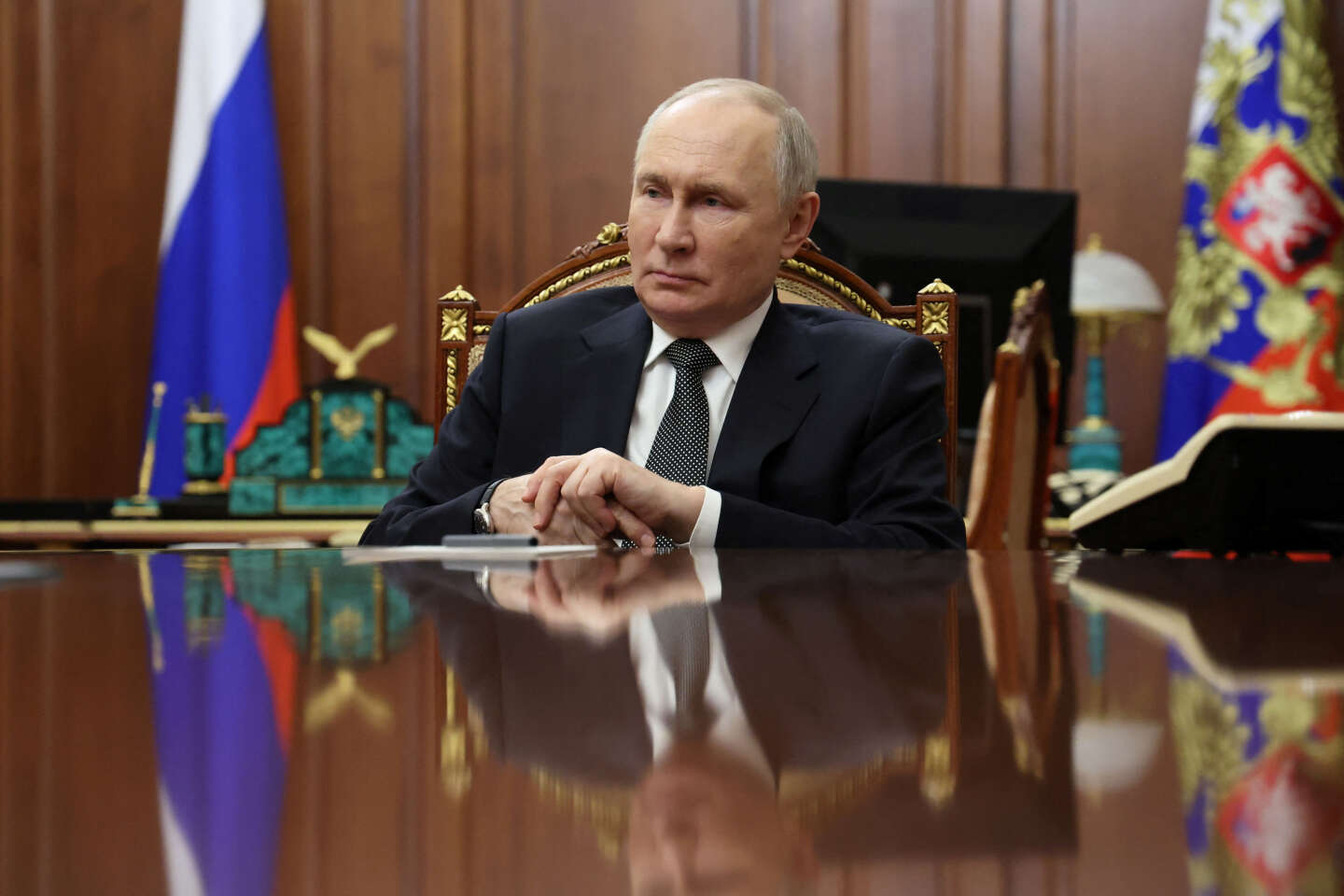


Admirably dignified two hours after learning of her husband Alexei Navalny's death from the Russian media on February 16, Yulia Navalnaya took no time to demand that Vladimir Putin be held accountable by the Western defense and diplomatic elites gathered in Munich that day. She called for Putin and Moscow's regime to be "punished" for the crime. A few hours later, US President Joe Biden echoed her call, attributing responsibility for Navalny's death to the Russian president, whose "brutality" and "war crimes" he denounced. "History is watching," added Biden as a warning.
If history is watching, it's likely not very impressed. Three years ago, the same President Biden warned the Kremlin of "devastating consequences" if Navalny were to die in prison. In 2013, then-president Barack Obama, with Biden as vice president, had set a "red line" for Damascus: the use of chemical weapons. Yet when the dictator Bashar al-Assad used chemical weapons against his own population, Obama didn't follow through on his threat. History is watching, and it does not forget.
The West's indignation at the fate of Navalny, which was palpable in Munich and which is perceived as both an assassination and a provocation, is sincere. But the outrage inevitably leads to the painful question: Punish Putin, yes, but how? The question is being asked, at least. Ten years ago, when Putin annexed Crimea, the Obama administration had advised the new authorities in Kyiv not to resist. The punishment for this flagrant violation of international law and the inviolability of borders was light, in the form of minimal sanctions.
So, what's to be done? Those in charge have first thought of sanctions. "We already have sanctions, but we are considering additional sanctions, yes," said Biden, without elaborating. The same is true of some Europeans. But when the time came, on Monday the 27 member states' foreign ministers backed down instead of passing a 13th package of sanctions. Twelve have already been adopted since Russia's full-scale invasion of Ukraine on February 24, 2022.
'Abject failure'
The problem is that the effectiveness of these sanctions, incomparably tougher than those of 2014, is seriously in doubt after two years. "An abject failure," according to researcher Shahin Vallée. It's hard to deny that the ceiling price of $60 a barrel, for example, set by the G7 for Russian oil in 2022 but massively circumvented by importing countries, notably India and China, did not produce the desired effect. Russia's economy is holding up, even if there is reason to doubt the validity of its statistics.
You have 51.63% of this article left to read. The rest is for subscribers only.
